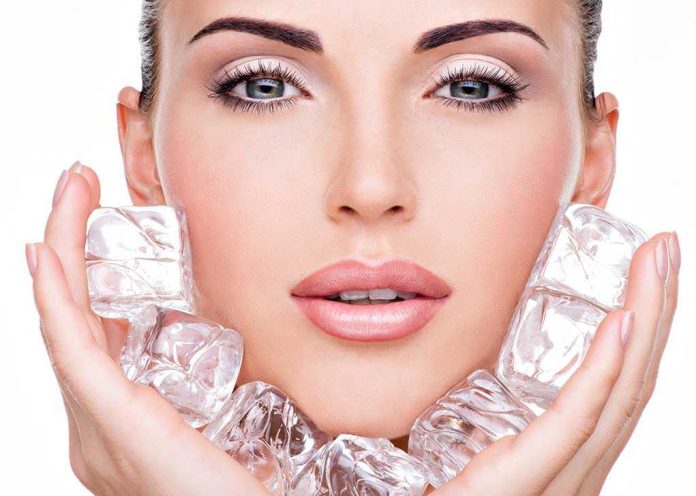
Jamie Lee Curtis has sparked a fiery debate by accusing the cosmetic surgery industry of committing “genocide” against women’s natural appearance.
At a Glance
- Jamie Lee Curtis criticizes the cosmetic surgery industry, comparing its impact on women to “genocide.”
- Her comments have reignited debates about beauty standards and the role of AI in shaping self-image.
- The actress uses provocative language to draw attention to the psychological effects of cosmetic procedures.
- Curtis’s statements have prompted discussions on the ethical implications of cosmetic enhancements.
The Provocative Claim
Jamie Lee Curtis’s recent interview with *The Guardian* has set the media ablaze, with the actress boldly accusing the cosmetic surgery industry of carrying out a “genocide” against women. Curtis, known for her candidness, didn’t mince words when she likened the effects of fillers, surgeries, and AI-driven beauty filters to a systematic erasure of natural female beauty. Her use of the term “genocide” is intentionally provocative, designed to spotlight what she sees as the severe impact of these trends. This is a call to arms for those who value authentic beauty and the preservation of natural self-expression.
Oh good heavens. I hope those two children are prepping for the time they need to intervene and get this lady to a full care facility. Jamie Lee Curtis, a 'Gender Affirming' Surgery Proponent Accuses Cosmetic Surgery Industry of 'Genocide' Against Women https://t.co/8Khxtf5aJI
— WC (@co_wyo) July 29, 2025
The actress, during a photoshoot, used wax lips as a symbol of her opposition to cosmetic enhancements. This visual was meant to illustrate her belief that society is being led astray by an industry profiting from insecurity and unattainable standards. Curtis’s stance is not just an isolated celebrity opinion but part of a broader cultural critique that questions the normalization of cosmetic procedures and the psychological toll they take on women and girls.
Historical Context and Celebrity Influence
The cosmetic surgery industry has boomed since the late 20th century, fueled by media representation and the rise of social media influencers. Society’s beauty standards, often perpetuated by these platforms, have led many women to seek cosmetic procedures as a means of acceptance and self-esteem. Curtis’s critique draws on her personal experiences, including regrets over a procedure she underwent in 1985. Her celebrity status amplifies her voice, challenging the pervasive narratives promoted by the industry.
The pushback from the industry and its supporters highlights the power dynamics at play. The cosmetic surgery industry, driven by financial motivations, wields significant influence over public perceptions of beauty. Meanwhile, Curtis and other outspoken celebrities like Jameela Jamil and Kate Winslet challenge these standards, facing both support and criticism for their views.
The Role of AI and Social Media
Artificial intelligence and social media filters have further distorted beauty standards, creating unrealistic expectations. Curtis’s comments extend to the role of these technologies in shaping self-image, arguing that they contribute to a loss of authentic identity. Her critique aligns with growing concerns about the psychological impacts of digital beauty tools, especially on younger generations.
This debate is part of a larger discourse about body image, mental health, and the ethical implications of altering one’s appearance. Scholars in psychology and gender studies have documented the link between media-driven beauty standards and psychological distress, underscoring the importance of informed consent and realistic expectations when considering cosmetic procedures.
The Impact and Future Implications
The fallout from Curtis’s statements could have significant short- and long-term implications. In the short term, her comments have sparked renewed scrutiny of the cosmetic surgery industry and its marketing practices. Public debate continues to swirl, with opinions divided on whether her language was hyperbolic or necessary to draw attention to the issue. Long-term, this controversy might influence public attitudes towards cosmetic procedures, potentially leading to greater advocacy for mental health and body positivity.
The economic, social, and political impacts of this debate are complex. The cosmetic surgery industry may face reputational risks or shifts in demand, while ongoing discourse about body image could foster a rise in anti-cosmetic surgery movements. Politically, Curtis’s critique could prompt discussions on advertising regulation, youth protection, and the ethics of beauty standards.



